How to Care for Your Vaccination Site: Tips for Proper Wound Care and Recovery
Getting vaccinated is an essential step towards protecting yourself and others from infectious diseases. However, after getting vaccinated, it’s crucial to take proper care of the vaccination site to avoid any complications and ensure a speedy recovery. Proper wound care can prevent infections, reduce pain, and promote healing.
Why is Proper Wound Care Important?
After vaccination, the injection site may be sore, red, and swollen for a few days. These are normal side effects of the vaccination. However, if not taken care of properly, the site can become infected, leading to more severe complications.
Additionally, proper wound care can help reduce pain and discomfort. By following simple steps, you can make your recovery more comfortable and ensure that you’re back to your routine as soon as possible.
Tips for Proper Wound Care
Here are some tips to follow to care for your vaccination site:
- Keep the area clean and dry
- Avoid touching or scratching the site
- Apply a cold compress to reduce swelling and pain
- Take over-the-counter pain relievers, if necessary
- Wear loose-fitting clothing to prevent rubbing or irritation of the site
By following these simple steps, you can take care of your vaccination site and ensure a speedy recovery.
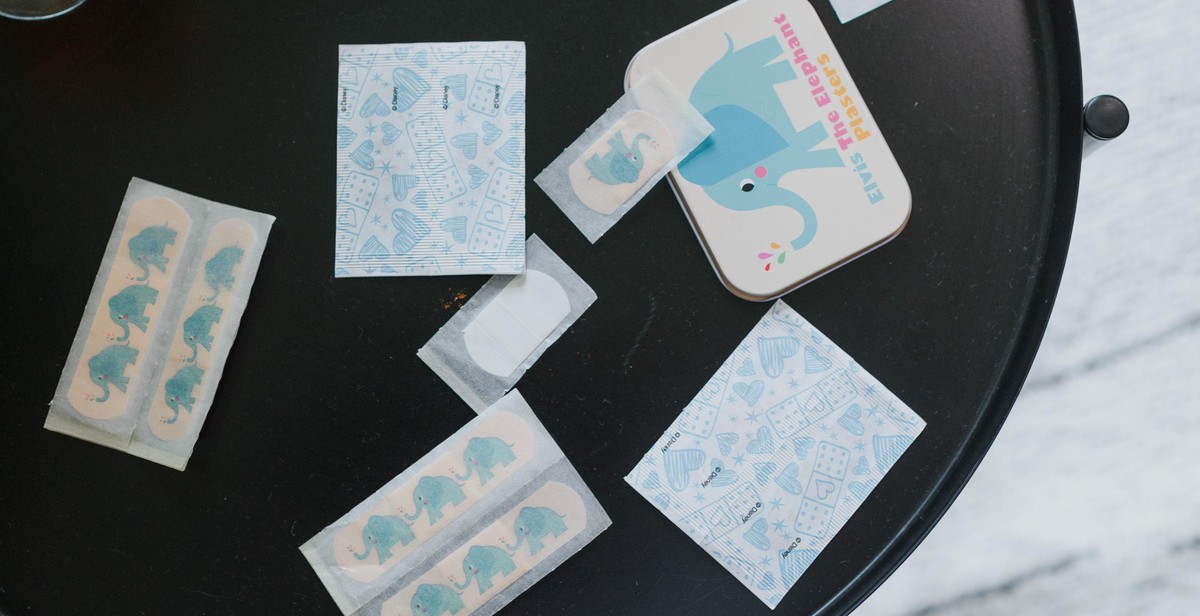
Why Proper Wound Care is Important
Proper wound care is essential for the prevention of infection and the promotion of healing. When you receive a vaccination, it is important to take care of the site where the injection was given to ensure that it heals properly and does not become infected.
Prevents Infection
One of the primary reasons why proper wound care is important is to prevent infection. When the skin is broken, either through a vaccination or an injury, it creates an opening for bacteria and other pathogens to enter the body. If these pathogens are allowed to enter the wound, they can cause an infection that can be very dangerous.
Proper wound care involves keeping the wound clean and covered to prevent bacteria from entering. This can be done by washing the wound with soap and water and then covering it with a sterile bandage or dressing. If you notice any signs of infection, such as redness, swelling, or pus, it is important to seek medical attention right away.
Promotes Healing
In addition to preventing infection, proper wound care also promotes healing. When a wound is clean and covered, it is able to heal more quickly and efficiently. This is because the body is better able to focus on repairing the damaged tissue without having to fight off infection.
Proper wound care involves keeping the wound moist but not too wet, as this can slow down the healing process. It is also important to avoid picking at scabs or pulling off any healing tissue, as this can cause the wound to reopen and delay healing.
Overall, proper wound care is essential for the prevention of infection and the promotion of healing. By taking care of your vaccination site and following these tips for proper wound care and recovery, you can ensure that your wound heals properly and without complications.
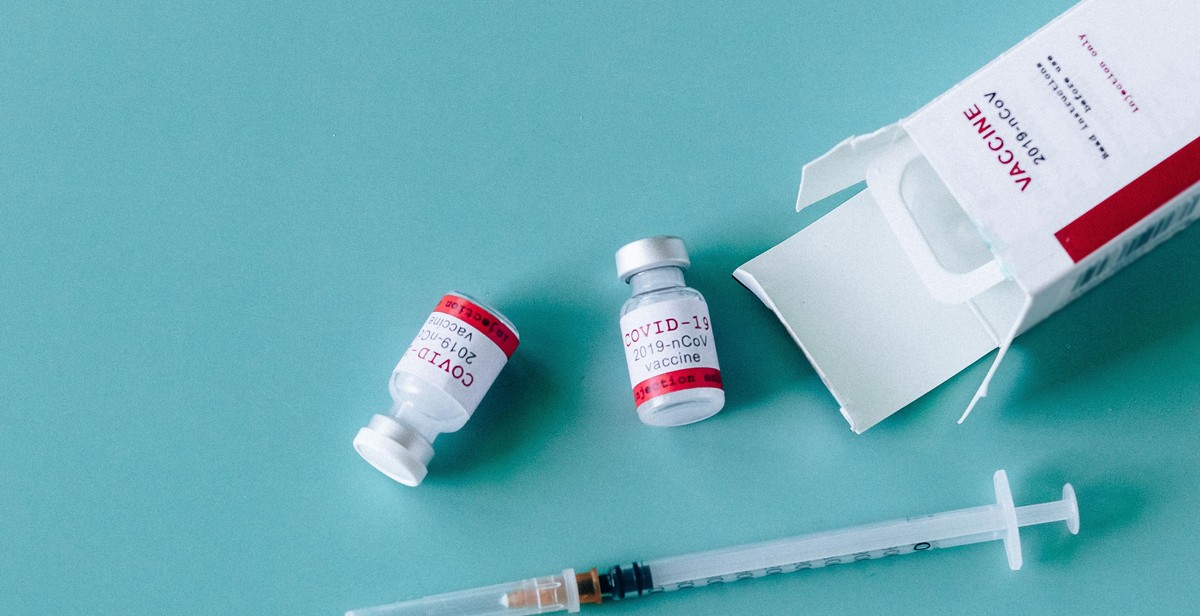
Initial Care for Your Vaccination Site
Getting vaccinated is an important step in protecting yourself and others from diseases. However, it is important to take good care of your vaccination site to ensure proper wound care and recovery. Here are some tips to help you care for your vaccination site:
Clean the Area
After getting vaccinated, it is important to keep the area clean to prevent infection. Use a clean cloth or cotton ball soaked in warm water to gently clean the area around the injection site. Avoid using harsh soaps or alcohol-based products as they can irritate the skin and delay healing.
Use Ice
Applying ice to the vaccination site can help reduce swelling and pain. Wrap a clean cloth around a small ice pack or a bag of frozen vegetables and apply it to the area for 10 to 15 minutes at a time. Be sure to take breaks between icing sessions to avoid skin damage.
Take Pain Relievers as Directed
If you experience pain or discomfort at the vaccination site, you may take over-the-counter pain relievers such as acetaminophen or ibuprofen. Be sure to follow the recommended dosage and consult your doctor if you have any questions or concerns.
Avoid Certain Activities
After getting vaccinated, it is important to avoid certain activities that may cause irritation or infection at the vaccination site. Avoid touching or rubbing the area, wearing tight clothing or jewelry, and exposing the area to direct sunlight or heat for extended periods of time.
Summary Table
| Tips | Description |
|---|---|
| Clean the Area | Use a clean cloth or cotton ball soaked in warm water to gently clean the area around the injection site. |
| Use Ice | Apply ice to the vaccination site to reduce swelling and pain. |
| Take Pain Relievers as Directed | Take over-the-counter pain relievers such as acetaminophen or ibuprofen as directed. |
| Avoid Certain Activities | Avoid touching or rubbing the area, wearing tight clothing or jewelry, and exposing the area to direct sunlight or heat for extended periods of time. |
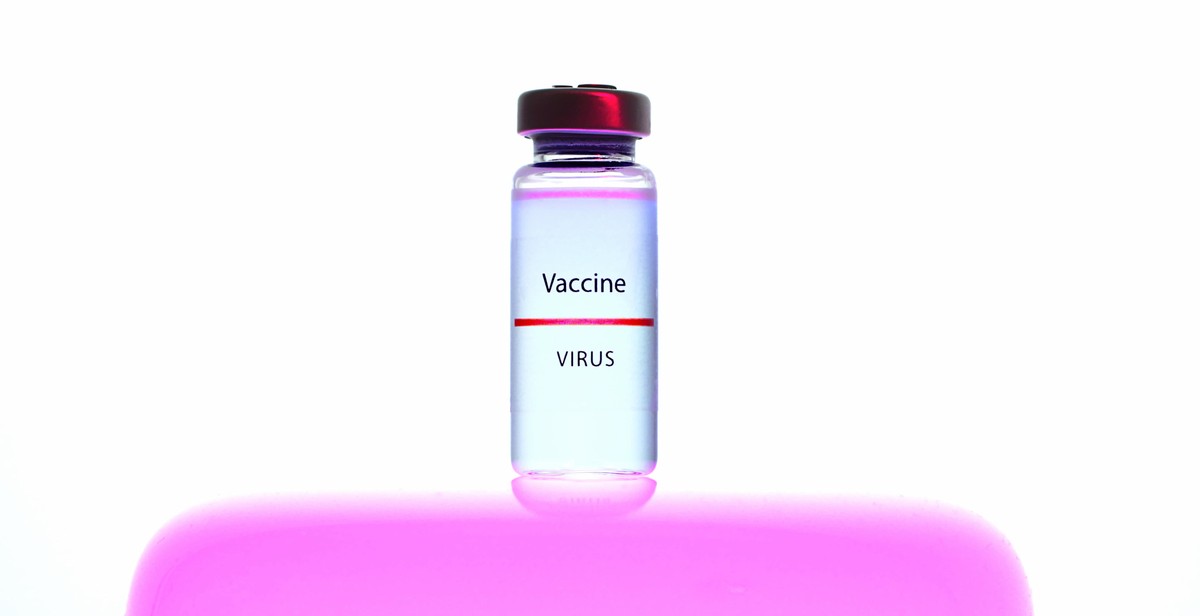
Ongoing Care Tips for Proper Wound Care and Recovery
After receiving a vaccination, proper wound care and recovery is essential to ensure a quick and painless healing process. Here are some ongoing care tips to follow:
Keep it Clean
It is important to keep the vaccination site clean to prevent infections. Wash your hands before and after touching the site, and use soap and water to clean the area at least once a day. Avoid using alcohol or hydrogen peroxide as they can damage the skin and delay healing.
Don’t Scratch or Pick
Scratching or picking at the vaccination site can lead to scarring and delay the healing process. If itching occurs, try using a cool compress or a topical cream to relieve the discomfort.
Use Moisturizer
Keeping the vaccination site moisturized can help prevent dryness and itching. Use a fragrance-free moisturizer or ointment to keep the skin hydrated. Avoid using lotions or creams that contain alcohol or fragrances as they can irritate the skin.
Avoid Sun Exposure
Exposure to sunlight can cause the vaccination site to darken and delay the healing process. Avoid direct sunlight and wear protective clothing or sunscreen if you need to be outside.
Additional Tips
- Do not wear tight clothing that rubs against the vaccination site.
- Avoid strenuous exercise or activities that may cause excessive sweating.
- Do not apply makeup or other cosmetics to the vaccination site until it has fully healed.
| Signs of Infection | When to Seek Medical Attention |
|---|---|
| Fever | If the fever is above 100.4°F (38°C) |
| Redness or swelling that gets worse | If the redness or swelling spreads beyond the vaccination site or gets worse over time |
| Pus or discharge from the site | If there is pus or discharge coming from the vaccination site |
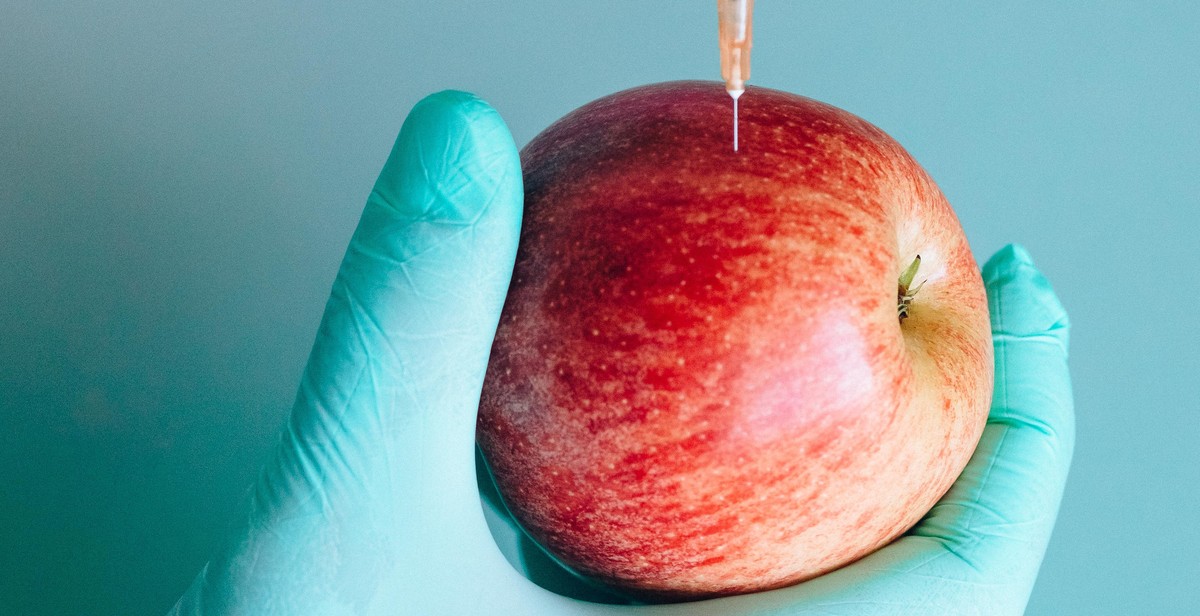
When to Seek Medical Attention
While most people recover from vaccination site discomfort within a few days, it is important to monitor your wound for signs of infection, allergic reactions, and other concerns. Seek medical attention immediately if you experience any of the following symptoms:
Signs of Infection
If your vaccination site becomes infected, you may experience symptoms such as:
- Increased pain or tenderness
- Redness or warmth around the wound
- Swelling or the formation of pus
- Fever or chills
If you notice any of these symptoms, it is important to seek medical attention as soon as possible. Your healthcare provider may prescribe antibiotics or other treatments to help clear the infection and prevent it from spreading.
Allergic Reactions
While rare, some people may experience an allergic reaction to their vaccine. Symptoms of an allergic reaction may include:
- Hives or rash
- Swelling of the face, lips, or tongue
- Difficulty breathing
- Rapid heartbeat
- Dizziness or fainting
If you experience any of these symptoms, seek emergency medical attention immediately. Allergic reactions can be life-threatening if left untreated.
Other Concerns
If you experience any other concerning symptoms after receiving your vaccine, such as severe pain, bleeding, or discharge from the wound, contact your healthcare provider. They can evaluate your symptoms and determine if further medical attention is necessary.
Remember, it is always better to be safe than sorry when it comes to your health. If you are unsure if your symptoms warrant medical attention, it is always best to err on the side of caution and seek advice from a healthcare professional.
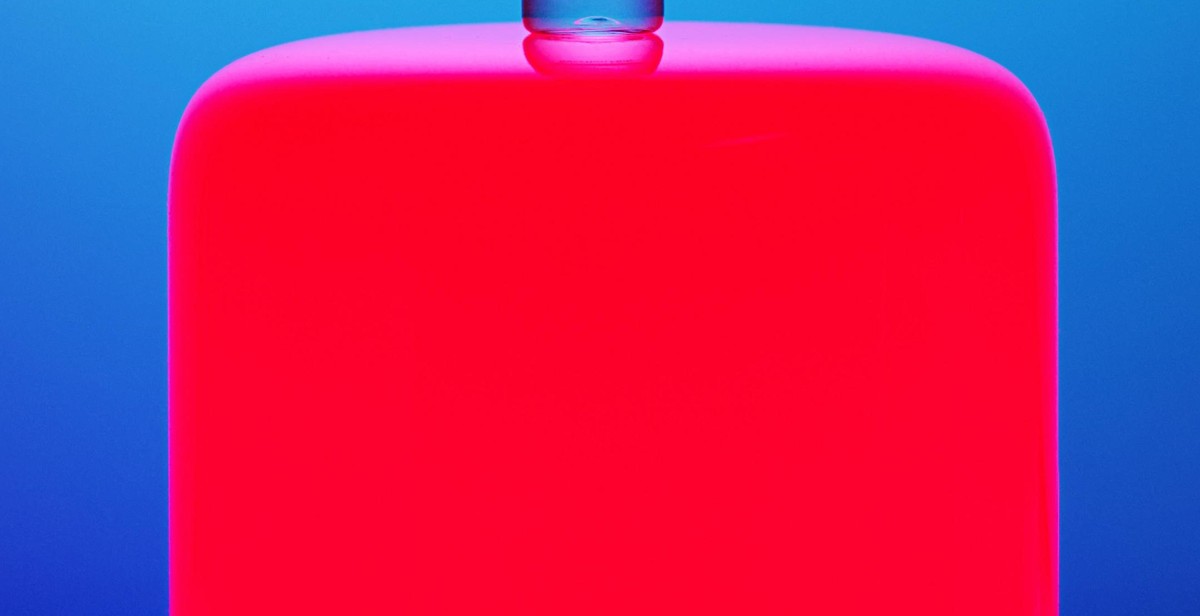
Conclusion
Proper wound care is crucial in ensuring a speedy recovery after receiving a vaccination. By following the tips outlined in this article, you can minimize the risk of infection and promote healing at your vaccination site.
Remember to keep the wound clean and dry, avoid touching or scratching the area, and follow your healthcare provider’s instructions for any additional care or medication. It’s also important to monitor your symptoms and seek medical attention if you notice any signs of infection or other complications.
With a little bit of extra care and attention, you can ensure that your vaccination site heals quickly and without any complications. By doing so, you’ll be doing your part to protect yourself and others from the spread of disease.
References:
- Centers for Disease Control and Prevention. (2021). After Your COVID-19 Vaccine. Retrieved from https://www.cdc.gov/coronavirus/2019-ncov/vaccines/expect/after.html
- Mayo Clinic. (2021). Wound care: A guide to treating open wounds. Retrieved from https://www.mayoclinic.org/first-aid/first-aid-wound-care/basics/art-20056626
- World Health Organization. (2015). Wound care. Retrieved from https://www.who.int/mediacentre/factsheets/fs365/en/
